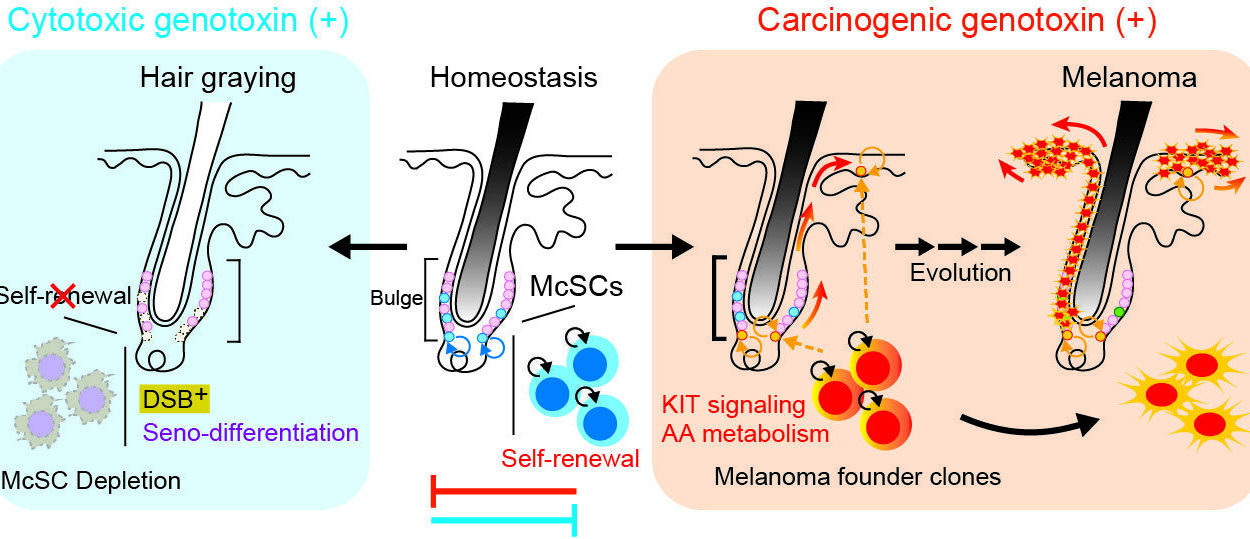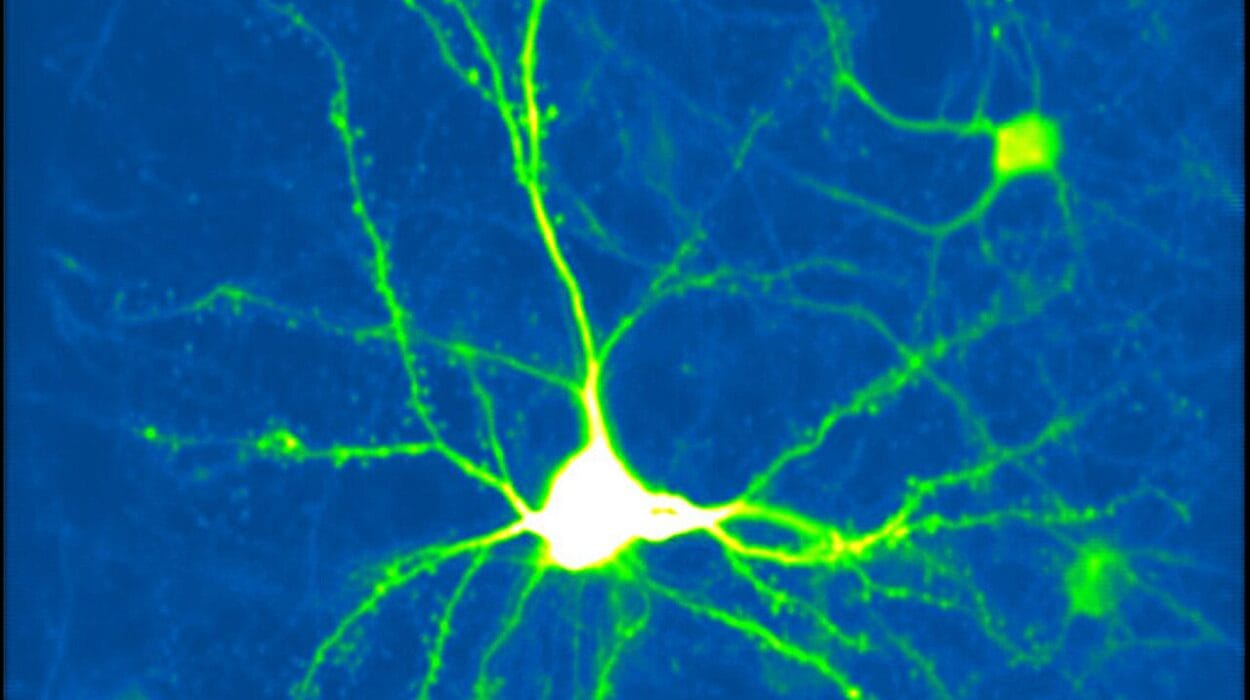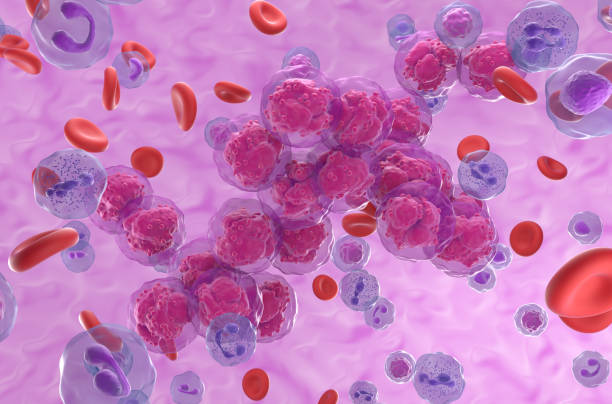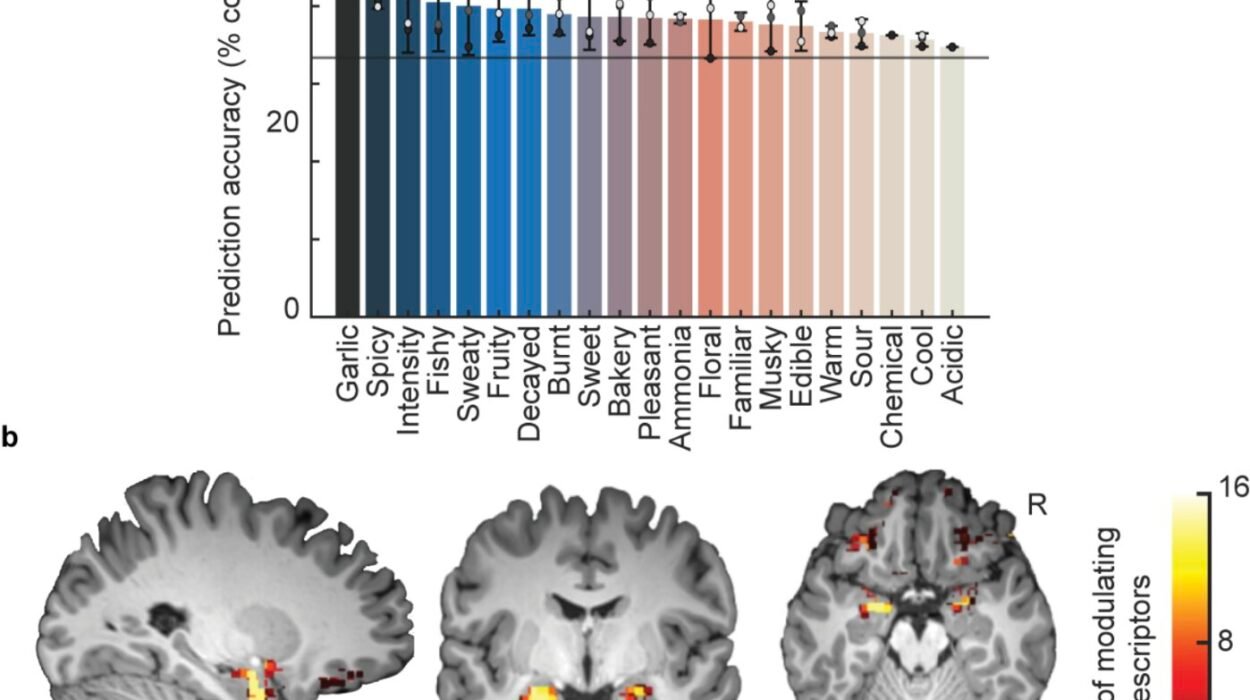We often think of sleep as a passive state, a time when the body shuts down after a long day. But the truth is, sleep is not a luxury—it is a biological necessity as vital as breathing, eating, and drinking. During those silent hours when our eyes are closed, the body and mind engage in some of their most important work: repairing tissues, consolidating memories, regulating hormones, and restoring energy. Sleep is not wasted time; it is the foundation upon which health and life itself depend.
And yet, in today’s world of glowing screens, endless work demands, and 24/7 connectivity, sleep has become undervalued. Many treat it as expendable, shaving off hours to fit more into their day. The result? A silent epidemic of sleep deprivation that is affecting health more profoundly than most people realize. From heart disease to depression, from memory lapses to weight gain, insufficient sleep infiltrates every aspect of human well-being.
To understand just how deeply sleep shapes health, we must look beyond the surface and dive into the extraordinary science of what happens when we rest.
What Really Happens When You Sleep
Sleep is not simply the absence of wakefulness—it is an active, complex biological process. The brain cycles through different stages: light sleep, deep sleep, and REM (rapid eye movement) sleep. Each stage has a distinct function, and together they form a nightly pattern critical for health.
During deep sleep, the body releases growth hormone, repairing muscles, bones, and tissues. The immune system strengthens, preparing to fight off infections. In REM sleep, the brain becomes highly active, processing emotions, consolidating memories, and sparking creativity. Think of REM sleep as a nightly mental reset that helps us manage stress and keep our emotional balance.
Scientists have also discovered a fascinating “cleaning system” in the brain, called the glymphatic system, which becomes highly active during sleep. It clears away toxins, including proteins linked to Alzheimer’s disease. Without sufficient sleep, these waste products accumulate, potentially increasing the risk of neurodegenerative disorders.
Thus, sleep is not optional downtime—it is a nightly tune-up for body and mind. Skipping it is like refusing to maintain a car: eventually, the system breaks down.
The Impact of Sleep on the Brain
If health begins in the brain, then sleep is its most trusted guardian. Without adequate sleep, attention, focus, and memory suffer. Students pulling all-nighters may think they are gaining study time, but research shows they retain far less information than those who sleep after learning. Sleep strengthens neural connections, locking in memories like pressing “save” on a computer.
Beyond memory, sleep also sharpens problem-solving and creativity. Many breakthroughs—scientific, artistic, and technological—have come after a good night’s sleep, when the subconscious mind works through problems in ways the waking brain cannot.
Emotionally, sleep is like a soothing balm. During REM sleep, the brain replays emotional experiences, stripping away their sting and integrating them into memory. This is why, after a stressful day, a good night’s sleep can make problems feel less overwhelming. Chronic sleep loss, on the other hand, makes emotions volatile, increasing anxiety, irritability, and even the risk of mood disorders like depression.
Perhaps most strikingly, long-term sleep deprivation increases the risk of mental illness. Insomnia is both a symptom and a trigger for depression, creating a vicious cycle. Sleep problems are also common in anxiety disorders and bipolar disorder, making healthy sleep a cornerstone of mental health.
Sleep and the Heart: A Silent Connection
Few people realize that the heart and blood vessels are profoundly affected by how well we sleep. During deep sleep, blood pressure drops, giving the cardiovascular system time to rest. Sleep also regulates hormones that affect heart health, including those that control stress and inflammation.
Chronic sleep deprivation, however, disrupts this delicate balance. Studies show that people who consistently sleep less than six hours a night have higher risks of hypertension, stroke, heart attack, and heart failure. Even just one night of poor sleep can elevate blood pressure and increase stress hormone levels. Over time, these small insults accumulate into serious cardiovascular problems.
Sleep apnea, a disorder where breathing repeatedly stops during sleep, further illustrates the link between sleep and heart health. Untreated sleep apnea dramatically increases the risk of high blood pressure, arrhythmias, and sudden cardiac death. This makes healthy, restorative sleep not just a comfort but a critical factor in protecting the heart.
The Role of Sleep in the Immune System
Sleep is the immune system’s ally. When we rest, the body produces infection-fighting cells and proteins called cytokines, which help combat illness and inflammation. Without enough sleep, the immune system weakens, leaving us more vulnerable to infections like colds and flu.
In fact, research has shown that people who sleep fewer than seven hours a night are almost three times more likely to catch a cold than those who sleep eight or more. Vaccines are also less effective in sleep-deprived individuals, as the body struggles to build strong immunity without proper rest.
Even recovery from illness is impaired by poor sleep. Patients who sleep better heal faster, whether from surgery, injury, or infection. This is why doctors often encourage patients to prioritize rest as part of treatment. Sleep is not just prevention—it is healing in action.
Sleep and Weight: The Hidden Link
One of the most surprising effects of sleep involves body weight. At first glance, sleep and metabolism may seem unrelated, but science reveals a powerful connection.
When sleep is cut short, the body’s hunger hormones go haywire. Levels of ghrelin, which stimulates appetite, increase, while levels of leptin, which signals fullness, decrease. This means that after a night of poor sleep, people not only feel hungrier but also less satisfied after eating.
Sleep deprivation also increases cravings for high-calorie, sugary foods, while reducing impulse control in the brain. The result? People are more likely to snack, overeat, and gain weight when they are sleep-deprived.
But the effects go deeper. Poor sleep disrupts glucose metabolism, increasing insulin resistance and raising the risk of type 2 diabetes. This is why chronic sleep loss is a hidden driver of the global obesity epidemic. Healthy sleep is as essential for weight management as diet and exercise.
Sleep and Hormones: The Body’s Invisible Clock
Hormones are the body’s messengers, regulating everything from growth to reproduction to mood. Sleep is a major regulator of these chemical signals. For example, growth hormone—critical for muscle repair, bone health, and metabolism—is released during deep sleep. Without it, the body struggles to recover and rebuild.
Cortisol, the stress hormone, naturally peaks in the morning and declines throughout the day. Poor sleep disrupts this rhythm, leading to chronically high cortisol levels. This not only fuels anxiety and stress but also weakens immunity and promotes fat storage around the abdomen.
Reproductive health is also influenced by sleep. Women who don’t sleep well may experience irregular menstrual cycles, fertility challenges, and increased risk of complications during pregnancy. Men with poor sleep often have lower testosterone levels, which affect fertility, energy, and muscle strength.
Thus, sleep is not just rest; it is a conductor orchestrating the entire hormonal symphony of the body.
Sleep Across the Lifespan
The role of sleep changes as we age, but its importance never fades.
For infants and children, sleep is essential for brain development, learning, and physical growth. A child deprived of sleep is not just cranky—they may struggle academically, emotionally, and physically. Teenagers, despite often resisting bedtime, need more sleep than adults. Their brains are undergoing massive rewiring, and insufficient rest affects mood, risk-taking, and academic performance.
In adulthood, sleep continues to support productivity, health, and emotional balance. Yet this is the stage when many sacrifice sleep for work, family, or social demands. Chronic sleep loss often begins here, silently chipping away at long-term health.
In older age, sleep patterns shift naturally. People may sleep lighter and wake more often. However, quality sleep remains crucial for preserving memory, protecting against dementia, and maintaining vitality. Poor sleep in later life is linked to cognitive decline, falls, and reduced quality of life.
The Modern World and the Sleep Crisis
Despite its importance, modern life is hostile to healthy sleep. Bright screens, artificial lighting, and constant notifications disrupt our natural circadian rhythms—the internal clock that tells us when to sleep and wake. Shift work, jet lag, and late-night socializing further confuse the body’s rhythms.
Culturally, busyness is often glorified, and sleep is dismissed as laziness. “I’ll sleep when I’m dead” has become a mantra for overworked societies. Yet the irony is clear: insufficient sleep brings us closer to death, not farther from it.
The global rise in sleep disorders, including insomnia and sleep apnea, is another sign of this crisis. Millions struggle nightly to get the rest their bodies desperately need, often without even realizing how much their health is at stake.
The Path to Better Sleep
The good news is that sleep is not beyond our control. By respecting its importance and adopting healthy habits, we can transform sleep from a neglected afterthought into a powerful tool for health.
Maintaining a consistent sleep schedule, creating a calming bedtime routine, limiting caffeine and alcohol, and reducing screen time before bed all improve sleep quality. A dark, cool, and quiet bedroom environment supports deeper rest, while regular exercise enhances sleep over time.
Most importantly, prioritizing sleep means shifting our mindset. Instead of viewing it as expendable, we must recognize it as non-negotiable. It is not wasted time but an investment—one that pays dividends in energy, focus, emotional balance, and longevity.
The Future of Sleep Science
Sleep research is still a young field, and exciting discoveries continue to emerge. Scientists are exploring how personalized sleep recommendations—based on genetics, lifestyle, and technology—could revolutionize health. Wearable devices already track sleep patterns, offering insights into duration and quality. In the future, AI may be able to detect early signs of illness simply by monitoring sleep.
There is also growing interest in the role of sleep in preventing chronic diseases like Alzheimer’s, cancer, and cardiovascular disorders. As our understanding deepens, sleep may become one of the most powerful public health tools of the 21st century.
Sleep as the Foundation of Health
When we consider health, we often think first of diet, exercise, or medicine. But without sleep, none of these pillars can stand strong. Sleep is the hidden foundation—the quiet force that allows the body to heal, the mind to flourish, and the spirit to thrive.
To underestimate sleep is to underestimate health itself. Every night, we are given the chance to restore, repair, and rejuvenate. To embrace sleep is not weakness but wisdom. It is the recognition that health is not just about doing more but about allowing the body and mind the rest they need to do their best.
Sleep affects your health more than you think—because sleep is health.






